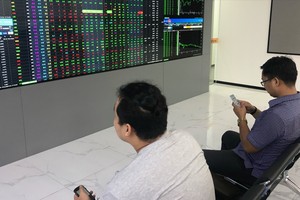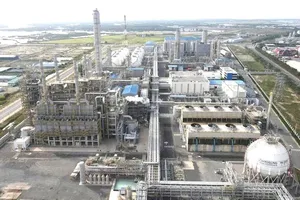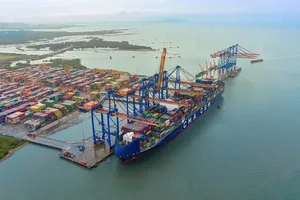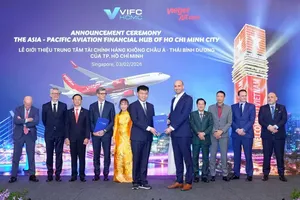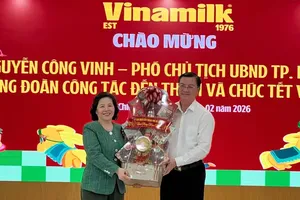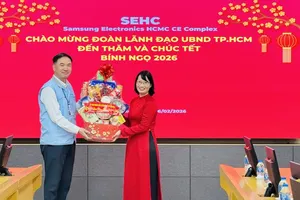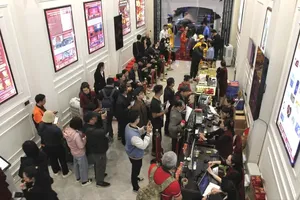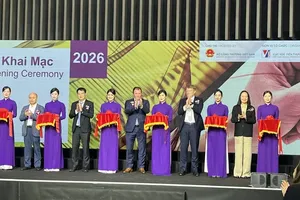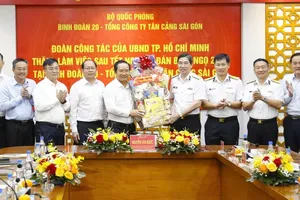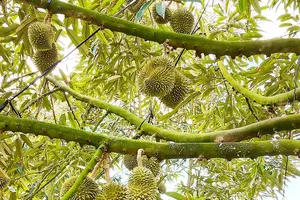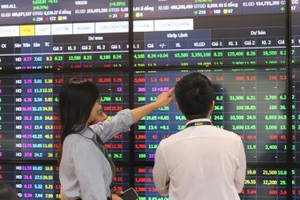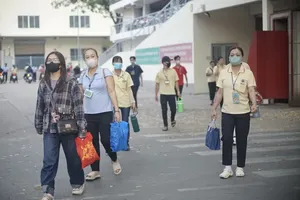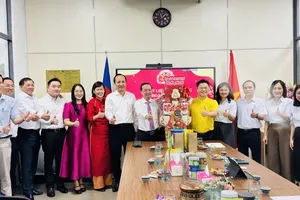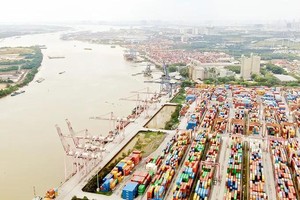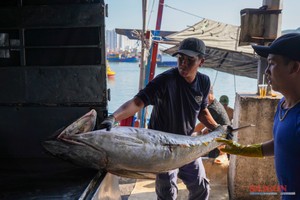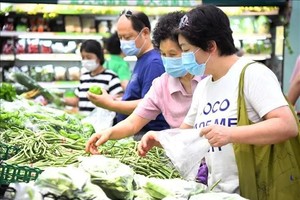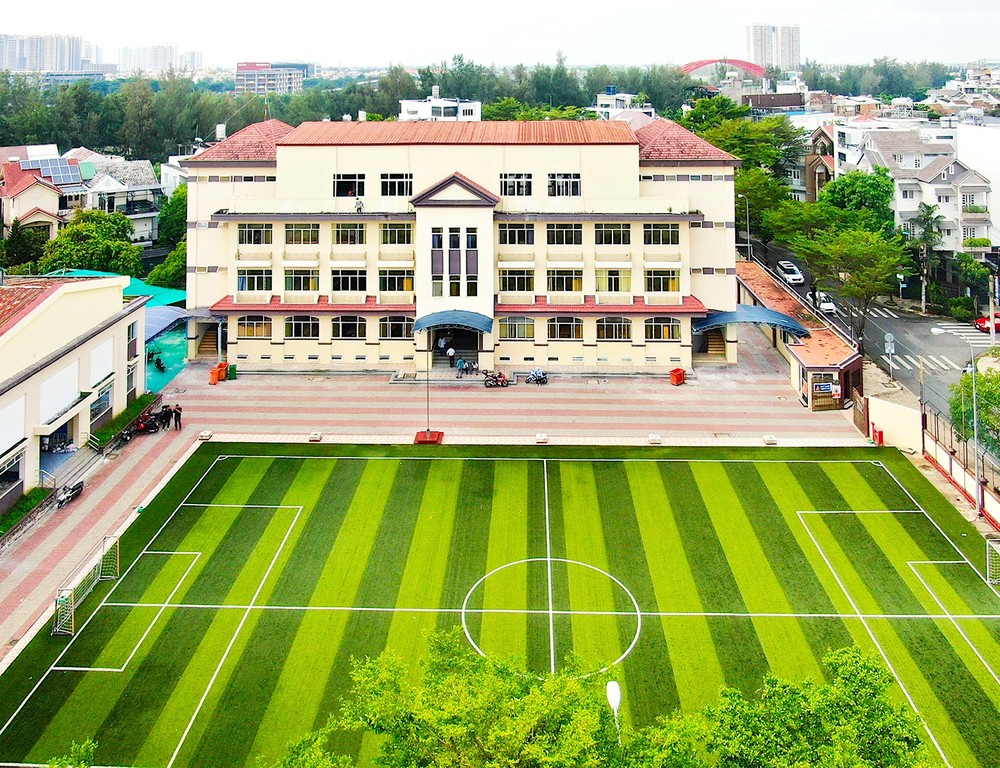
Remittances have become increasingly important to the economic development of Vietnam in offsetting trade deficits and contributing to the national foreign exchange reserves. Therefore, in January 2023, the municipal People's Committee assigned the State Committee for Overseas Vietnamese in Ho Chi Minh City to embark on the project ‘Policy to attract and promote effective effectiveness of remittance resources in the city’.
Since then, the State Committee for Overseas Vietnamese has repeatedly sought the opinions of relevant departments, agencies, diplomatic agencies in countries with similar conditions and the Vietnamese community abroad on the project.
Recently, Head Vu Thi Huynh Mai of the Committee for Overseas Vietnamese in Ho Chi Minh City said that this agency is currently coordinating with the State Bank of Ho Chi Minh City to receive direction from the Standing Committee of the city Party Committee. As per schedule, the project will be submitted at the beginning of the second quarter of 2024.
Ms. Mai expected that after the project is approved, along with the implementation of Resolution 98 with many open mechanisms to attract investment, remittance resources will be poured into investment projects, especially social security projects, and infrastructure development, creating a positive impact on the city’s overall development.
It is noteworthy that in the draft project, Ho Chi Minh City is considered to be a remittance transfer hub. Therefore, remittances only contribute to Ho Chi Minh City's economy by promoting consumer demand and use of services. The southern metropolis neither reached specific goals of attracting remittance resources nor had a specialized policy mechanism to attract capital from overseas Vietnamese to put into production and business to boost the economy. Additionally, the city has not had policies for the formation and development of financial products suitable for different income levels.
With this project, Ho Chi Minh City aims to create a corridor of policy mechanisms and infrastructure to help remittances pour into two official channels including commercial banks and remittance companies. In particular, remittance resources should be oriented toward socio-economic development through investment and business development in Ho Chi Minh City. Moreover, city administrations should encourage overseas Vietnamese to contribute to social, cultural, educational, healthcare and environmental development projects in the city.
Having lived and worked for many years in the United States plus more than 20 years of teaching at universities in Vietnam, Professor Ha Ton Vinh said that while working for the World Bank and international organizations in more than 90 countries, wherever he has lived, he met Vietnamese people who always hope to settle in their hometown or invest in their fatherland. Many overseas Vietnamese also hope to invest in Vietnam so that they and their children can later return to live, work or retire in their home country.
The Ho Chi Minh City Committee for Overseas Vietnamese should set up a specialized advisory group which will give consultation to Vietnamese in overseas countries to help overseas Vietnamese understand more about the country’s investment opportunities and resolve problems. Ho Chi Minh City should also organize a tour to help overseas Vietnamese know what projects Ho Chi Minh City wants to attract investment.
Transferring money to Vietnam for investment or savings funds is always their choice. Because they can stay in Vietnam for a short time with little understanding and experience in investment, they have very little information about projects that suit their needs, financial capabilities, or locality; as a result, they don’t pour money on any project, said Professor Ha Ton Vinh. Therefore, the city should establish a consulting organization to help them more.
Meanwhile, experts from the Association of Vietnamese Scientists and Experts Global (AVSE Global) said that migrants are facing high transaction costs, so they tend to remit less. Thus, experts propose that Ho Chi Minh City implement policies to reduce transaction costs; issue remittance bonds; and improve the investment environment.
Many experts proposed the issuance of long-term bonds and bills. For instance, lecturer Vo Hong Duc of Ho Chi Minh City Open University said that to encourage investment from overseas Vietnamese, issuing overseas bonds is very important.
Specifically, Ho Chi Minh City can issue urban bonds (also known as overseas bonds), to provide capital for large construction projects. With a transparent mechanism, the starting point is to encourage overseas Vietnamese to buy bonds to invest in projects, they will enjoy stable interest rates, and tax exemption on interest and are guaranteed to bring back money abroad after projects are complete.
